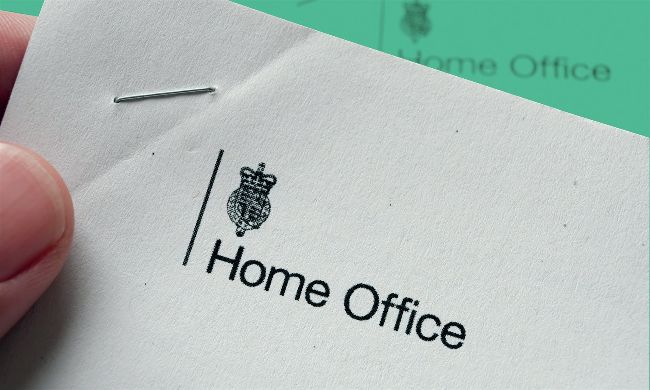MASTER AND SERVANT
Laura Saunsbury, a solicitor specialising in firearms licensing law, examines the extent to which the authorities can intervene in a firearms dealer’s choice of servant.
Readers of this publication will be aware that as a registered firearms dealer (RFD), the law permits you to appoint servants, to assist you in the ordinary course of your business. Servants do not necessarily need to be full-time employees and can include others who help you out on an informal and irregular basis. Anyone you have chosen to appoint as your servant has the same legal authority to possess and handle firearms, ammunition and explosives as conferred on you by your RFD certificate.
It has long been the case that firearms dealers are encouraged as best practice under Home Office non-statutory guidance to notify your firearms licensing authority of any servants you appointed. This enables the police to carry out appropriate background checks on the servant. Until a few years ago, this was generally the end of it, unless you happened to have chosen a servant with a lengthy criminal record, in which case your local police would have given you firm but friendly words of advice to reconsider.
However, more recently, there has been a gradual shift towards the police exercising greater scrutiny over a dealer’s choice of servants and attempts to formalise the process in a way that gives the police an absolute right of veto. This has particularly been so since the implementation, in November 2021, of the Home Office Statutory Guidance to the Police on firearms licensing in the wake of the Plymouth shootings
The Statutory Guidance now provides that firearms dealers are required to provide to the police details of all servants who are or will be authorised to possess firearms and ammunition. To reinforce this, a significant number of forces have now taken to making this requirement a standard condition on all RFD certificates they issue.
However, I am aware of firearms dealers in some areas being told that they need to wait for the police to formally confirm they have approved the servant’s appointment before that individual can start to work in that position for the dealer. There is nothing in law or guidance which gives the police the power to approve or refuse your choice of servants. Indeed, the Statutory guidance expressly confirms that the final decision rests with the dealer.
That said, there can be consequences of failing to heed police advice that they do not consider an individual you have recently appointed as a servant to be suitable. The Statutory guidance provides that failing to act on a police recommendation about a servant with good reason will tend to show that the RFD is unsuitable. In other words, the ultimate sanction if the police consider you are failing to exercise good judgement in your choice of servants and being unreasonable in ignoring police concerns, they could remove you from the register of firearms dealers and revoke your RFD certificate.
If the police give you the impression that they are considering taking such action because they thoroughly disagree with your choice of servant, but seem reluctant to explain why, you may wish to politely remind the police of their obligations to you as the dealer under the Statutory Guidance. It provides that if the police have reason to believe that the employment of a particular person poses a threat to public safety, they should take steps to inform the RFD in general terms that there is a concern and the reason for their concern.
Note that the emphasis here is on whether there is a danger to public safety in a particular servant having access to firearms and ammunition. This should be the only ground on which the police disagree with your choice of servants. The Statutory Guidance further states that the police should disclose in writing to the RFD information regarding an individual in order to enable the employer to consider risk mitigation measures. Due to Data Protection legislation, you may not be entitled to full disclosure of the information the police hold about your servant, but you should at least be given a broad indication as to the nature of the police concerns so that you can make an informed decision, and if appropriate, consider what you can do to mitigate any perceived risk.
Earlier this year, the Metropolitan Police went one step further and introduced new forms, requiring dealers to make a formal application for approval of a servant before allowing them access to firearms, ammunition or explosives. It was accompanied by a medical certificate which the servant was required to have completed by their GP, as per the medical proforma required of any applicant for a personal firearm or shotgun certificate.
Following intervention by the British Shooting Sports Council, the Home Office confirmed that anything more than minor changes to firearms application forms would need to be introduced and approved by the Home Office, which had not been the case with these new forms issued by the Metropolitan police.
At the time of writing this article, I understand the Metropolitan Police servant forms are still being circulated as compulsory. However, given the Home Office have confirmed the forms are not compliant, refusal to complete them would not therefore be a valid basis either to raise concerns about the servant in question, nor to refuse to register a dealer or renew their RFD certificate. It remains to be seen whether the Metropolitan Police forms will be withdrawn.
If you encounter difficulties with your licensing authority over issues relating to your choice and appointment of servants, consider consulting the GTA or seeking other specialist legal advice.

IMAGE: SHUTTERSTOCK - ASCANNIO